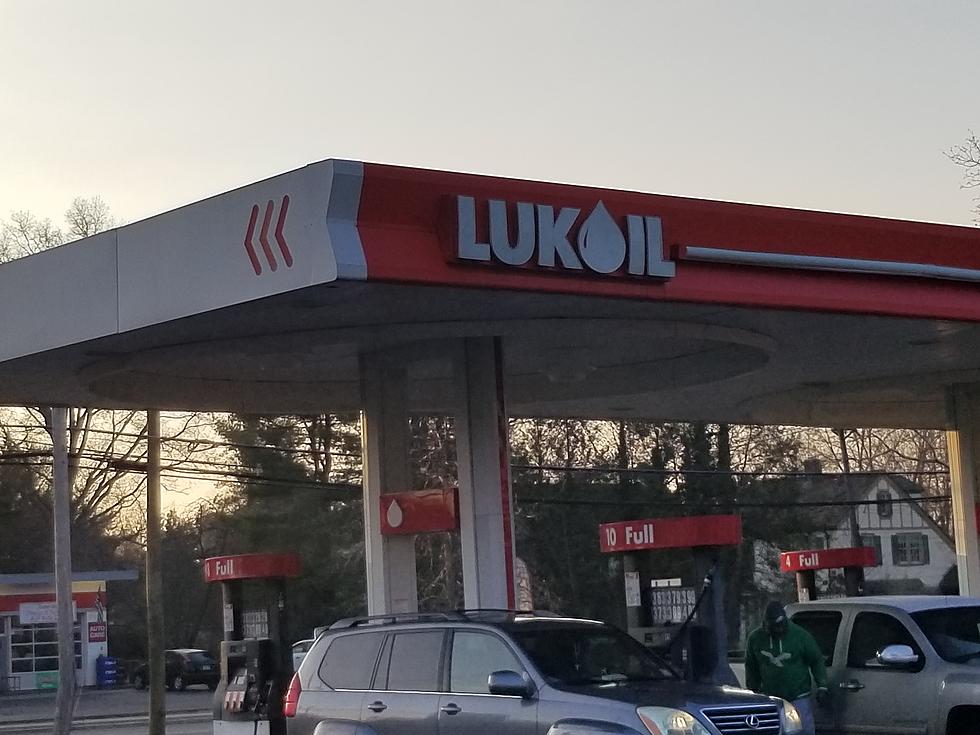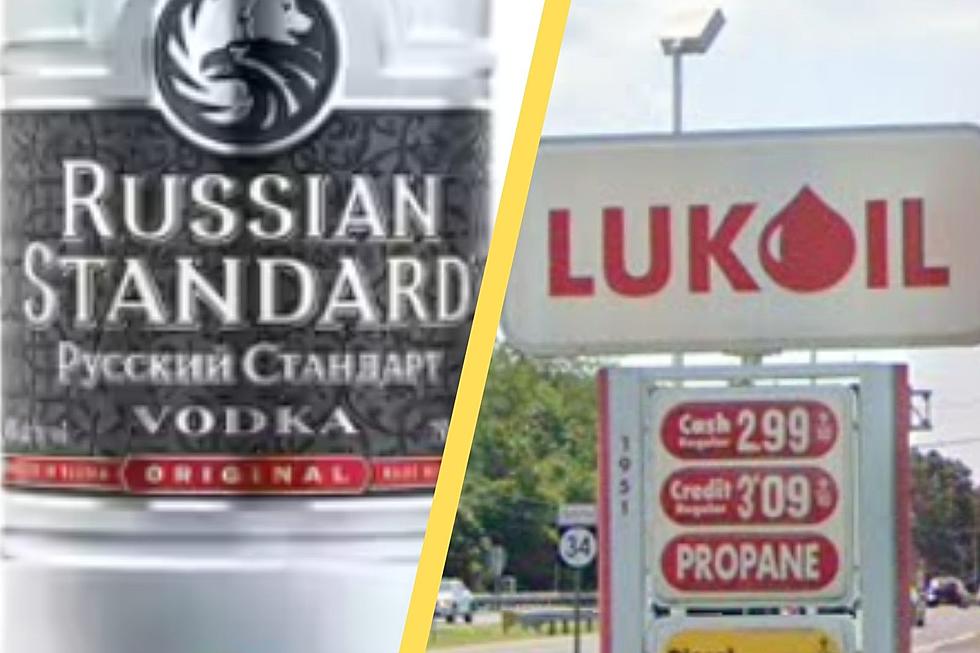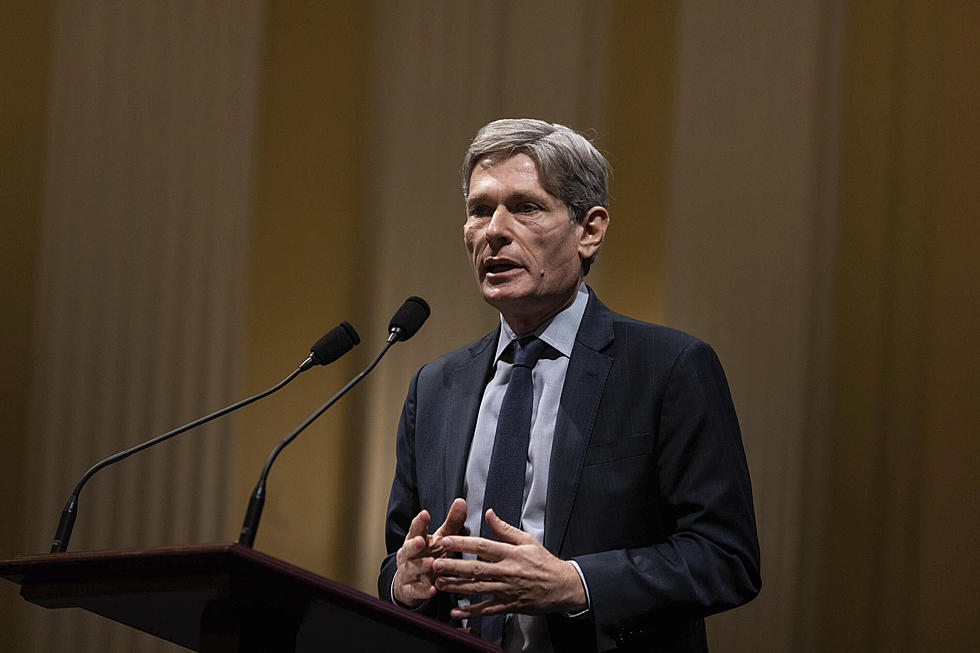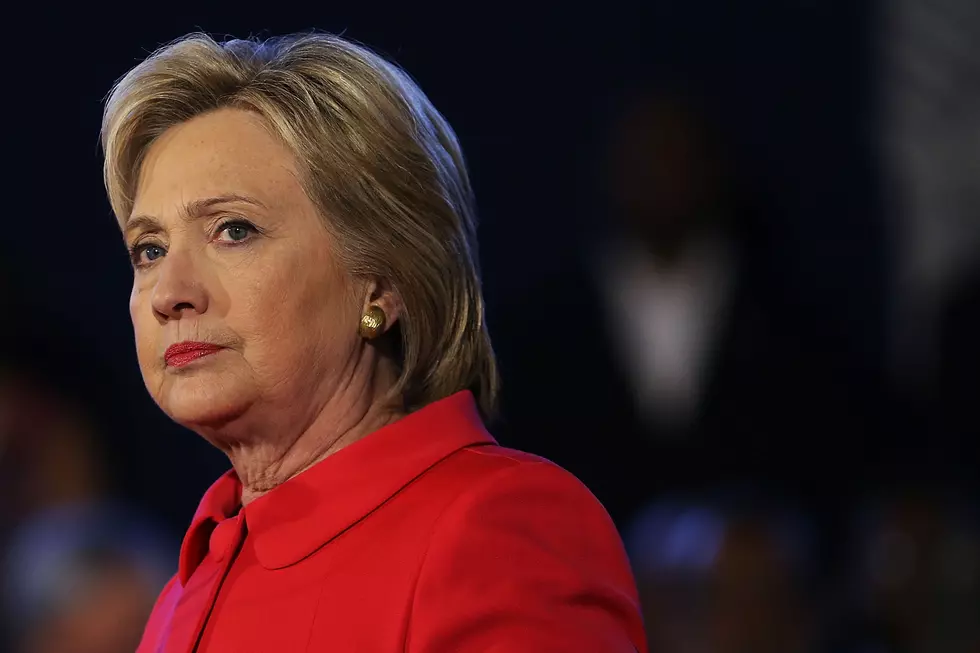
Russia tensions hurting European companies
BERLIN (AP) -- Russia's standoff with the West is hurting European companies, from heavy industry to sports goods makers, even before the latest sanctions have a chance to take effect.
A group representing Germany's machinery industry cut its output forecast sharply on Thursday, pointing to the uncertainty caused by political tension with Russia over its alleged role in destabilizing Ukraine. A profit warning from sports goods maker Adidas underlined wider unease over the crisis.
"The conflict with Russia is not just leaving tracks in bilateral trade - it is generally hindering demand in important sales markets for our industry," said Ralph Wiechers, chief economist for the VDMA, the industry group.
VDMA now expects production of machinery to grow by about 1 percent this year, rather than the 3 percent it predicted in October, before the crisis over Ukraine erupted. Machinery is a leading component of German exports to Russia, accounting for nearly a quarter of last year's total.
The oil industry is also on alert. Earlier this week, British oil company BP said sanctions against Moscow could weaken its earnings.
The European Union has been very careful to design its sanctions on Russia so that they do not hurt its own economies too hard. But the VDMA report shows how difficult that may be to pull off, with the mere uncertainty over Russia creating an environment that can be toxic for business.
"Economic sentiment has darkened in many countries; as a result, orders cannot develop the momentum that would be needed" for 3 percent production growth this year, Wiechers said in a statement.
Russia's economy and currency have weakened this year as the crisis over Ukraine escalated. The U.S. and EU imposed a string of sanctions, mainly on individuals. This week, they approved tougher penalties aimed at hurting Russia's economy, punishing alleged Russian support for Ukrainian rebels.
Germany has Europe's biggest economy. With the new sanctions, "we know that we could suffer economically ourselves - we know that our trade with Russia is not overly large, but it does have some significance," Vice Chancellor Sigmar Gabriel, who is also Germany's economy minister, said this week.
The profit warning from Adidas, based in Herzogenaurach, Germany and the biggest rival to U.S. giant Nike, underscored economic worries going well beyond goods that might face sanctions. The company cited the Russian tensions among the reasons for cutting its net profit forecast for this year to 650 million euros ($870 million), from the range of 830 to 930 million euros previously forecast.
Adidas - a sponsor of soccer's World Cup, which Russia is to host in 2018 - said it would "significantly reduce" the number of stores it open in the region this year and next and close more, a move it said aimed to "reduce risk and protect profit."
"The recent trend change in the Russian ruble as well as increasing risks to consumer sentiment and consumer spending from current tensions in the region point to higher risks to the short-term profitability contribution from Russia" and other former Soviet republics, Adidas said in a statement.
Russia was Germany's 11th-biggest trading partner last year, well behind the top four of France, the Netherlands, China and the U.S.
German exports totaled 36.1 billion euros, 3.3 percent of the country's total exports, with machinery and vehicles among the main goods sold. German authorities estimate that only around one-tenth of the countries' exporters sell goods to Russia.
Imports from Russia totaled 40.4 billion euros last year, with oil and gas accounting for nearly three-quarters of the total.
As for the potential damage, Gernot Erler, the government's coordinator for cooperation with Russia, told n-tv television that some estimates see sales to Russia dropping by 4 billion to 6 billion euros.
The German economy is generally in robust shape. Official figures Thursday showed the jobless rate edging up to 6.6 percent in July from 6.5 percent the previous month for purely seasonal reasons, while the underlying trend remained positive.
More From New Jersey 101.5 FM









